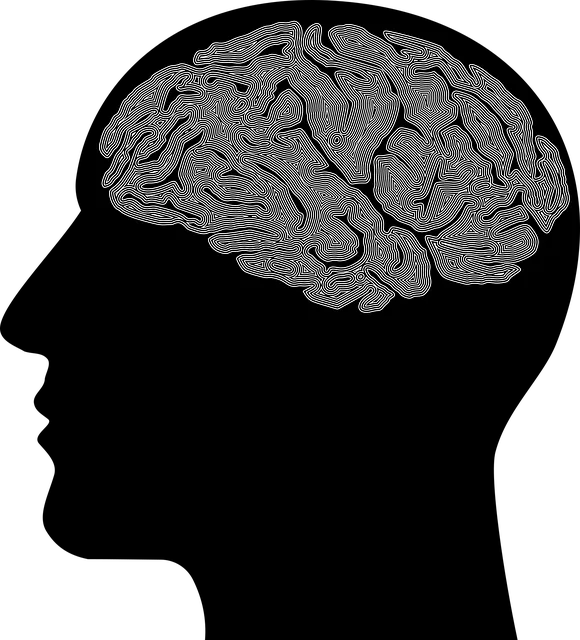Kaiser stands out in mental healthcare with its comprehensive risk assessment practices, utilizing evidence-based tools and validated methods to predict and prevent adverse outcomes. Their Model goes beyond traditional therapy by integrating holistic care, proactive approaches, and Mind Over Matter principles, fostering empowerment, resilience, and long-term happiness. This patient-centric strategy reduces the need for frequent interventions, ensuring superior does Kaiser have mental health services.
In the demanding field of mental health care, risk assessment is a crucial component for ensuring patient safety and effective treatment. This article explores the intricacies of risk assessment, providing valuable insights into best practices for professionals. We delve into the significance of thorough evaluations and examine Kaiser’s unique approach to mental health services, highlighting its potential advantages in enhancing patient outcomes and implementing robust safety measures. Understanding these strategies can greatly benefit practitioners striving for superior mental health care.
- Understanding Risk Assessment in Mental Health Care
- Best Practices for Conducting Effective Assessments
- Kaiser's Approach to Mental Health Services and Its Potential Advantages
Understanding Risk Assessment in Mental Health Care

In mental health care, risk assessment is a crucial process that helps professionals identify and mitigate potential risks to patients’ well-being. It involves a comprehensive evaluation of various factors that may impact an individual’s mental health, ensuring superior Kaiser mental health services. This includes understanding a patient’s history, current circumstances, and behaviors to predict and prevent adverse outcomes. By employing evidence-based tools and techniques, mental health professionals can accurately assess risks associated with suicidal ideation, self-harm, substance abuse, or re-hospitalization, among others.
The process goes beyond simply identifying dangers; it empowers healthcare providers to develop tailored interventions and treatment plans. For instance, implementing a Community Outreach Program can enhance support systems, while promoting Self-Care Routine Development for Better Mental Health enables individuals to proactively manage their well-being. Furthermore, fostering Cultural Sensitivity in Mental Healthcare Practice ensures that assessment methods are inclusive and respectful of diverse backgrounds, contributing to more effective risk management strategies.
Best Practices for Conducting Effective Assessments

When conducting risk assessments for mental health professionals, it’s crucial to employ best practices that ensure accuracy and support effective treatment planning. Superior does Kaiser have mental health services? In terms of assessment quality, consistent use of validated tools is essential. These standardized measures allow for a comprehensive evaluation of factors like past trauma, current stressors, and symptoms of mental illness, enabling professionals to gain a nuanced understanding of their clients’ inner strengths and vulnerabilities.
Moreover, integrating Mental Illness Stigma Reduction Efforts into the assessment process can foster an environment of trust and openness. By creating safe spaces and encouraging honest communication, professionals can help clients overcome barriers related to stigma, promoting self-acceptance and Inner Strength Development. Additionally, incorporating Stress Management Workshops Organization techniques during assessments prepares individuals for ongoing support in managing their mental health, enhancing their resilience and overall well-being.
Kaiser's Approach to Mental Health Services and Its Potential Advantages

Kaiser has long been recognized for its comprehensive mental health services, leveraging a multi-faceted approach to better serve its patients. This strategy, often referred to as Kaiser’s Model, emphasizes holistic care that goes beyond traditional therapy and medication. By integrating Mind Over Matter principles into their practice, Kaiser promotes positive thinking and self-esteem improvement as core components of treatment plans. This patient-centric method ensures that mental health support is not just reactive but proactive, addressing the root causes of distress rather than merely managing symptoms.
The advantages of this approach are multifaceted. First, it fosters a sense of empowerment among patients, encouraging them to take an active role in their mental well-being. Second, by focusing on positive thinking and self-esteem, Kaiser’s services contribute to long-term resilience and overall happiness. This proactive stance not only enhances the effectiveness of treatment but also reduces the need for frequent interventions, making mental health care more efficient and accessible for all patients.
Mental health professionals play a crucial role in identifying and mitigating risks within their practice. By understanding risk assessment methodologies, such as those outlined in this article, professionals can enhance patient safety. Best practices emphasize comprehensive evaluation techniques, ensuring accurate identification of potential hazards. Kaiser’s approach to mental health services stands out for its potential advantages, offering a superior model that prioritizes both patient well-being and practitioner resilience. Through implementing evidence-based strategies, mental health providers can create a more secure and effective clinical environment.






